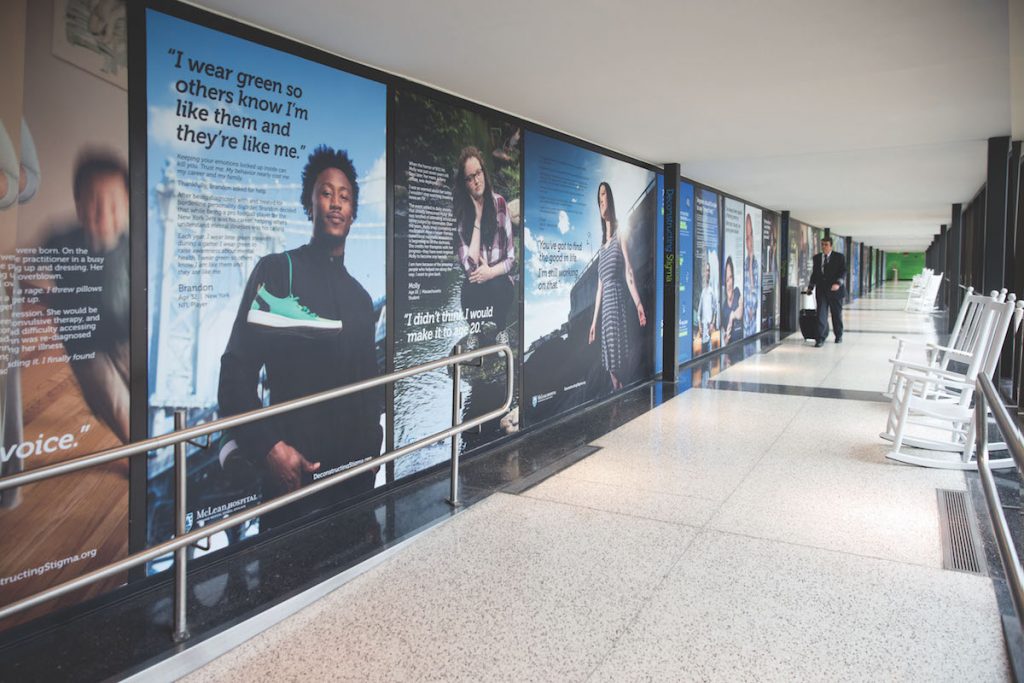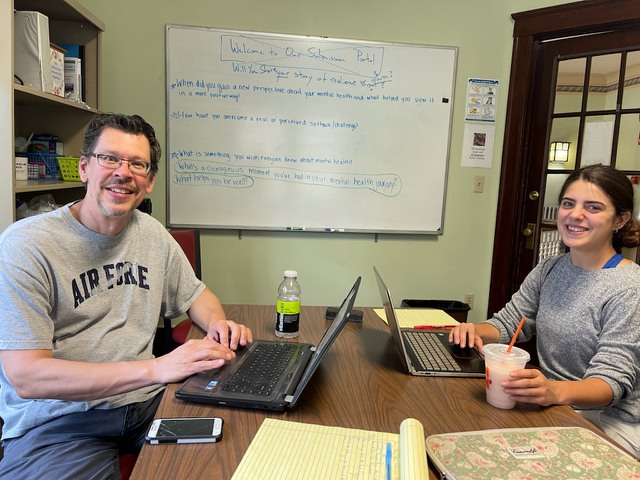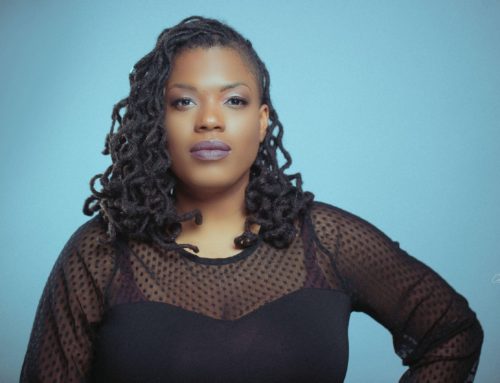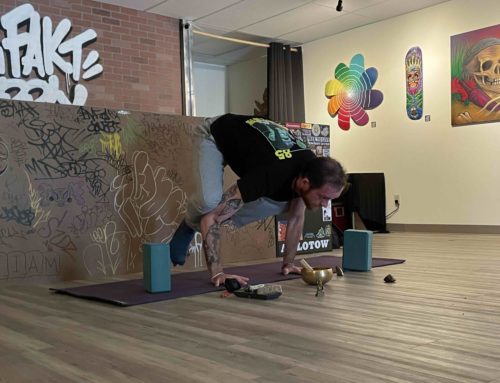WORCESTER, Mass. — A duo who worked together on a research fellowship about mental health exhibitions at Assumption University are taking their project to the streets.
Accounting Professor Paul Piwko and graduate Alexandra Orlandi have launched The National Museum of Mental Health Project (NMMHP), which they call a “museum without walls.” The project creates and implements researched art exhibitions to publicly transform society’s attitudes about and understanding of mental health through visibility.
NMMHP seeks to develop and display exhibitions by facilitating collaboration among artists, curators, mental health professionals, people with lived experience and others who seek to share talents and knowledge; share research related to exhibits about mental health and wellness; build partnerships with community, local and national entities, whether governmental, educational or otherwise, who are interested in creating positive mental health outcomes.
There are numerous examples of their brick-and-mortar mental health exhibitions, including one by McLean Hospital called “Deconstructing Stigma,” which is currently on display at Logan Airport. This exhibit includes larger-than-life pictures and quotes from people suffering from various mental illnesses such as bipolar disorder, depression and post-traumatic stress disorder.

Courtesy of McLean Hospital. Deconstructing Stigma on view at Boston Logan.
Piwko said that exhibitions of this kind are not novel.
“There is precedent for the country having exhibitions about health that make a big difference,” said Piwko. “In the early 1900s, there were exhibitions about health, for instance, tuberculosis, that was at the Museum of Natural History; three quarters of a million people visited.”
Professor Piwko and Orlandi, who now works as a mental health specialist at McLean Hospital, are taking submissions for their first virtual exhibit called “I Get It.”
“’I Get It’ is an ever-expanding and ever-changing exhibition that is both accessible to the public, and shaped by the public. It serves as a safe space for creative exploration, shared understanding, inspiration and emotional learning.
Piwko and Orlandi hope that “I Get It” and future exhibitions will enhance “mental health literacy” amongst the population, filling the void left by stigma.
“Stigma, in a sense, held back all of us in developing language, vocabulary, and comfort level, in terms of talking about issues related to mental health,” said Piwko.
The duo said they’d eventually like to take the museum offline and create mobile exhibitions that could be displayed in libraries, airports, schools and workplaces throughout the nation.
If you are interested in learning more about the work of NMMHP, visit their website.







Leave A Comment